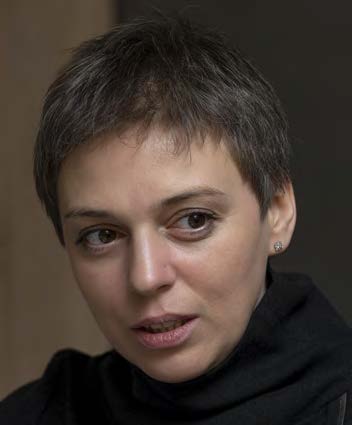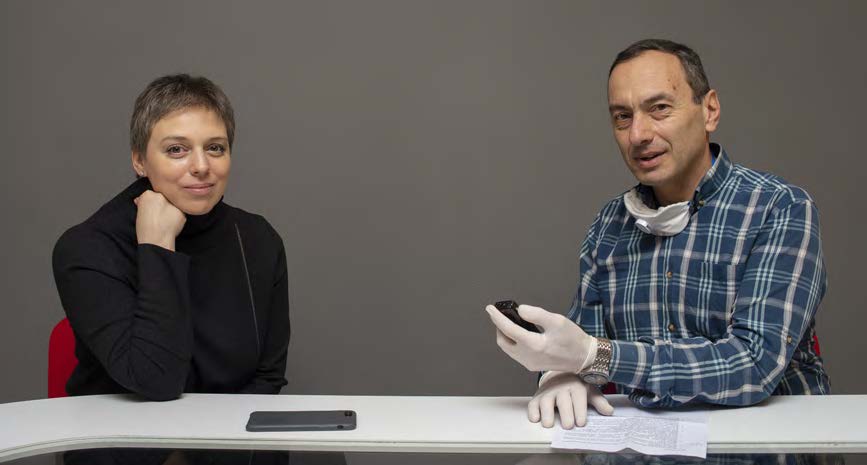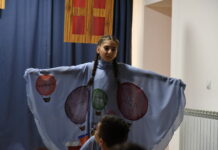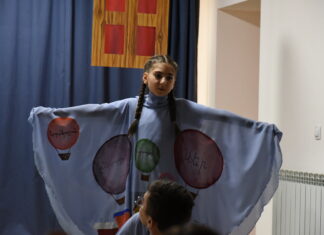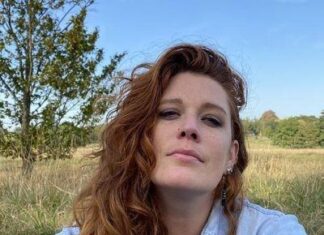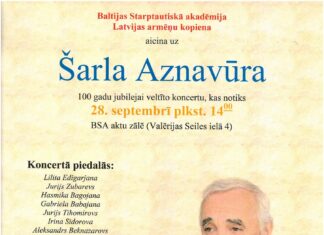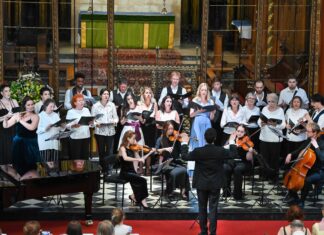By Artsvi Bakhchinyan
Special to the Mirror-Spectator
YEREVAN — Years ago, a woman in Tbilisi read the coffee grounds of an Armenian woman named Gohar Khalatova, and informed her that on the face of Gohar’s daughter she saw a shining star.
Years later, Gohar told her daughter Nelly: “That was about you!”
Nelly has since grown up to become a renowned theater, film and voice actress in Russia
She was born on March 14, 1980 in Mazeikiai, Lithuania. Her father Vladimir Uvarov is an engineer-technologist; her mother, Gohar (Galina) Uvarova (Khalatova), is an economist and former sportswoman, who also taught gymnastics. Her older sister, Elena, is a designer.



